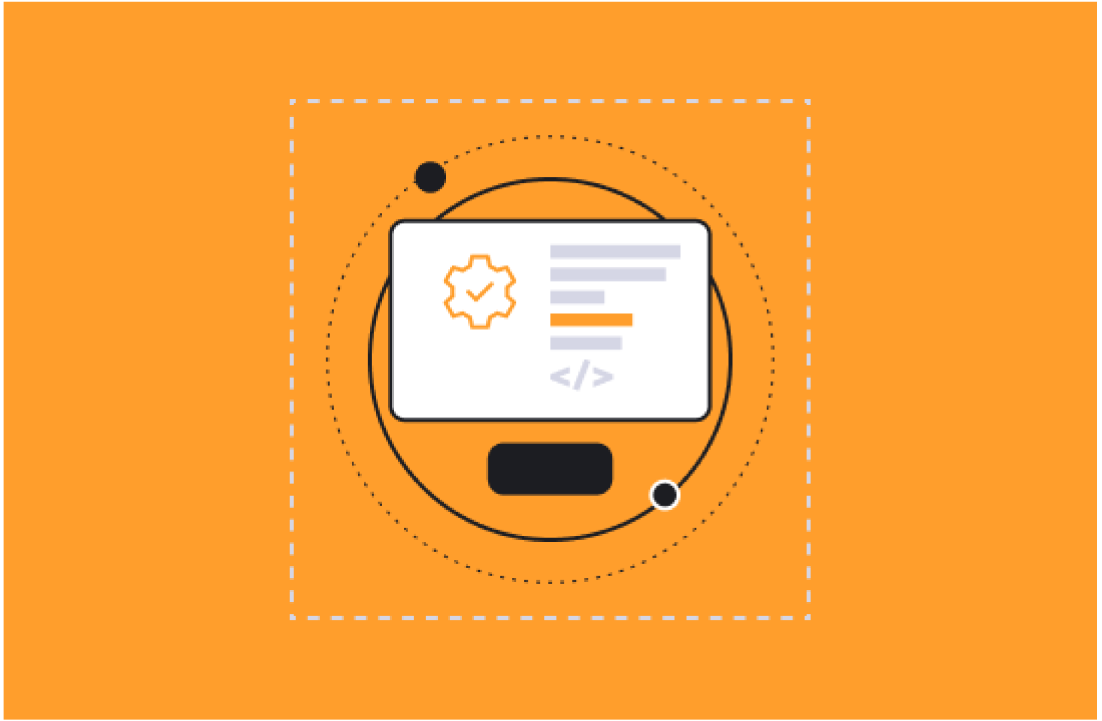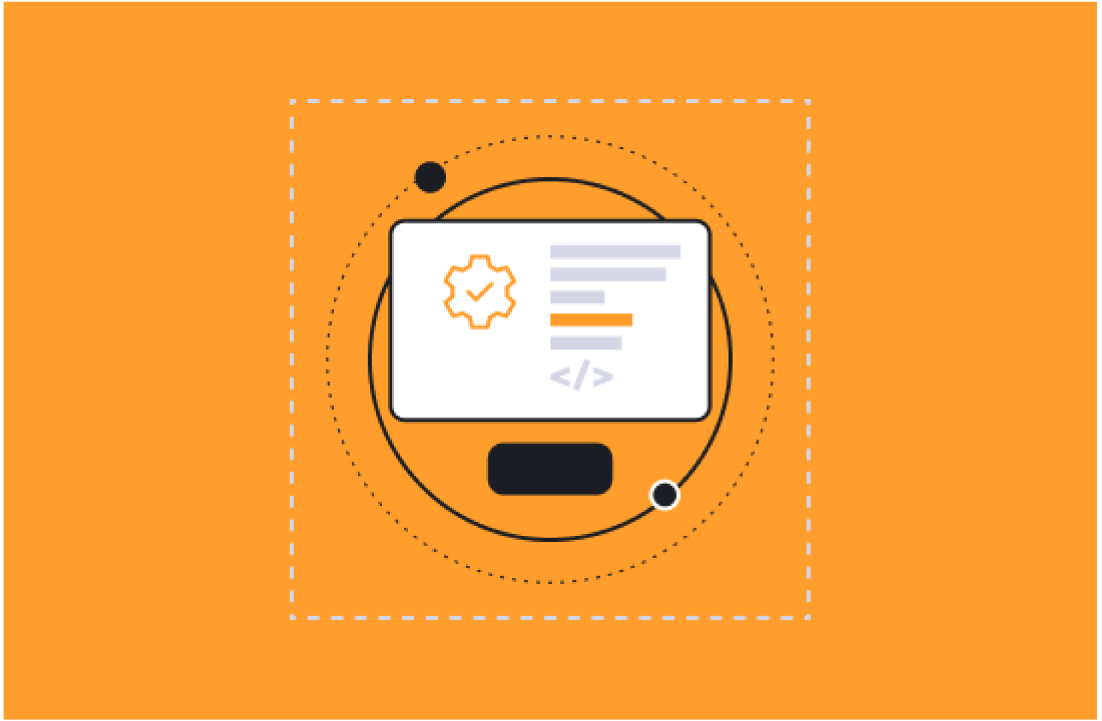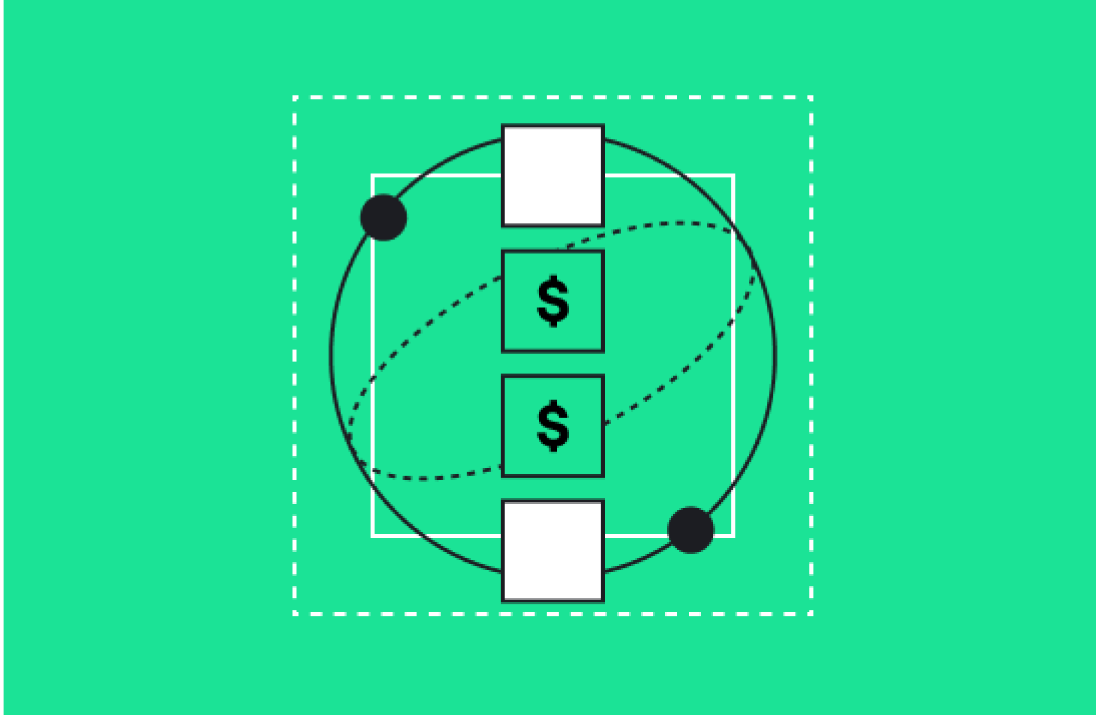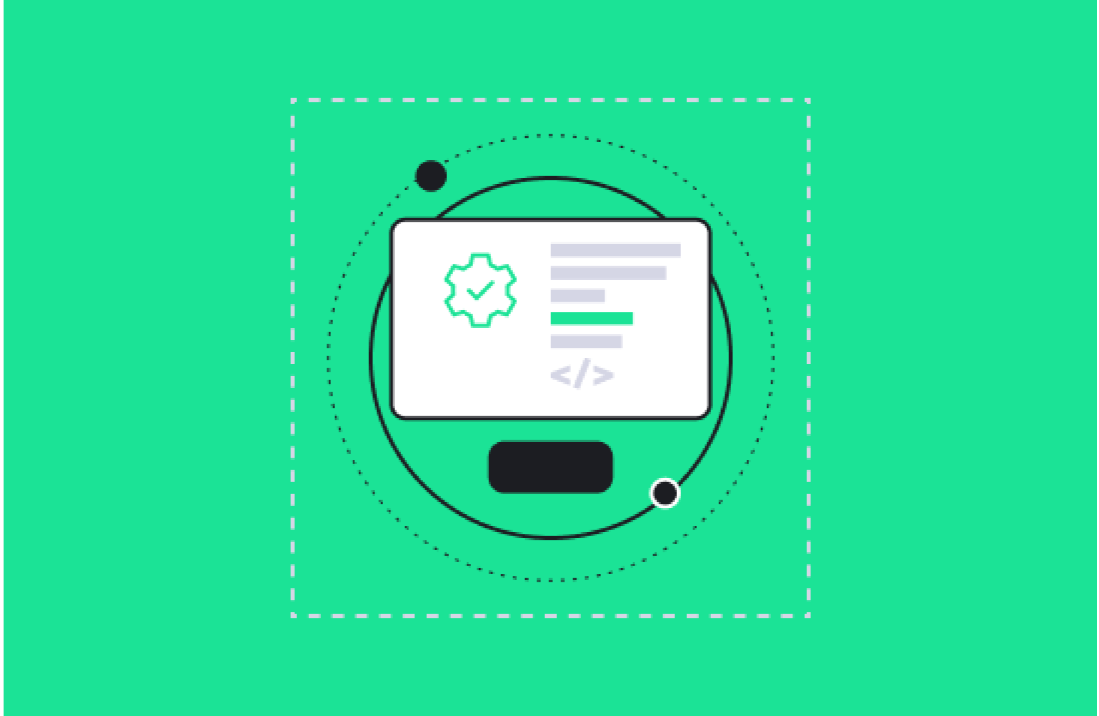As a CMO or entrepreneur, you know that making the right decision when it comes to selecting a CRM is crucial.
With so many options available, it can be difficult to make an informed choice. One way to narrow down your choices is by researching the difference in cost of ownership between HubSpot and Salesforce.
Knowing these costs may help you decide which CRM is right for your business’s needs and budget.
The Research
Let's take a look at recent research evaluating the Total Cost of Ownership of HubSpot vs. Salesforce. This research surveyed 332 sales and marketing professionals, working for mid-size organizations (with 100 - 1000 employees) who use either HubSpot or Salesforce as their CRM solution.
From this research, it was found that 94% of these individuals reported having insight into the implementation process of their CRM tool and 88% reported that their CRM tool was implemented within the last two years.
This gives us a current and relevant perspective on what contributes to the successful implementation, management, and utilization of a CRM solution, and how the cost of ownership varies between HubSpot and Salesforce.
HubSpot vs. Salesforce
The cost of ownership when it comes to CRMs can vary greatly depending on what features you are looking for. Both HubSpot and Salesforce offer different packages with different levels of features, so it's important to consider exactly what kind of capabilities you require from your CRM before making a decision. When comparing the two, there are some key differences in cost that are worth noting.
A Look at the Software Costs
HubSpot offers four tiers—free, starter, professional, and enterprise—which range from free to $3200/month depending on the level of features you need. The free plan includes basic marketing automation capabilities as well as customer relationship management (CRM) software, while the professional plan offers additional features such as lead scoring and website tracking.
The enterprise-level adds more advanced analytics capabilities along with integrations with third-party applications like MailChimp and Slack. However, certain Hubs come with unlimited users and storage space, making them an attractive option for businesses looking to get started without breaking the bank.
Salesforce also offers multiple tiers that range from $25/month up to $300/month per user depending on the specific feature set required by your business’s needs.
While Salesforce does offer more customization options than HubSpot, its higher price point may be prohibitive for some businesses looking to get started quickly without incurring a large upfront investment
Additionally, while both companies have no limits on users or storage space, Salesforce requires customers to purchase additional licenses if their usage exceeds pre-determined limits which can add significant costs if not managed properly over time.
Total Cost of Ownership
Researching the difference in cost of ownership between HubSpot and Salesforce is important because each platform has different pricing structures depending on what features you need or want.
Although both platforms are comparable in products offered, understanding each platform's pricing structure, implementation needs, management cost and your team's need and use of the tool will help inform a decision that works best for your business’s needs and budget in order to ensure that you are not overspending or underutilizing either platform unnecessarily over time.
Ultimately, taking advantage of both platforms' free trials may be beneficial when deciding which CRM works best for your business’s needs in terms of cost-effectiveness as well as overall performance capabilities within your organization’s specific workflow processes.
Interested in learning more?
Our team of experienced consultants have certifications in both HubSpot and Salesforce as well as the expertise to help guide your decision. If you're interested in learning more about which platform would be a better fit for you, contact us at Aptitude 8.





